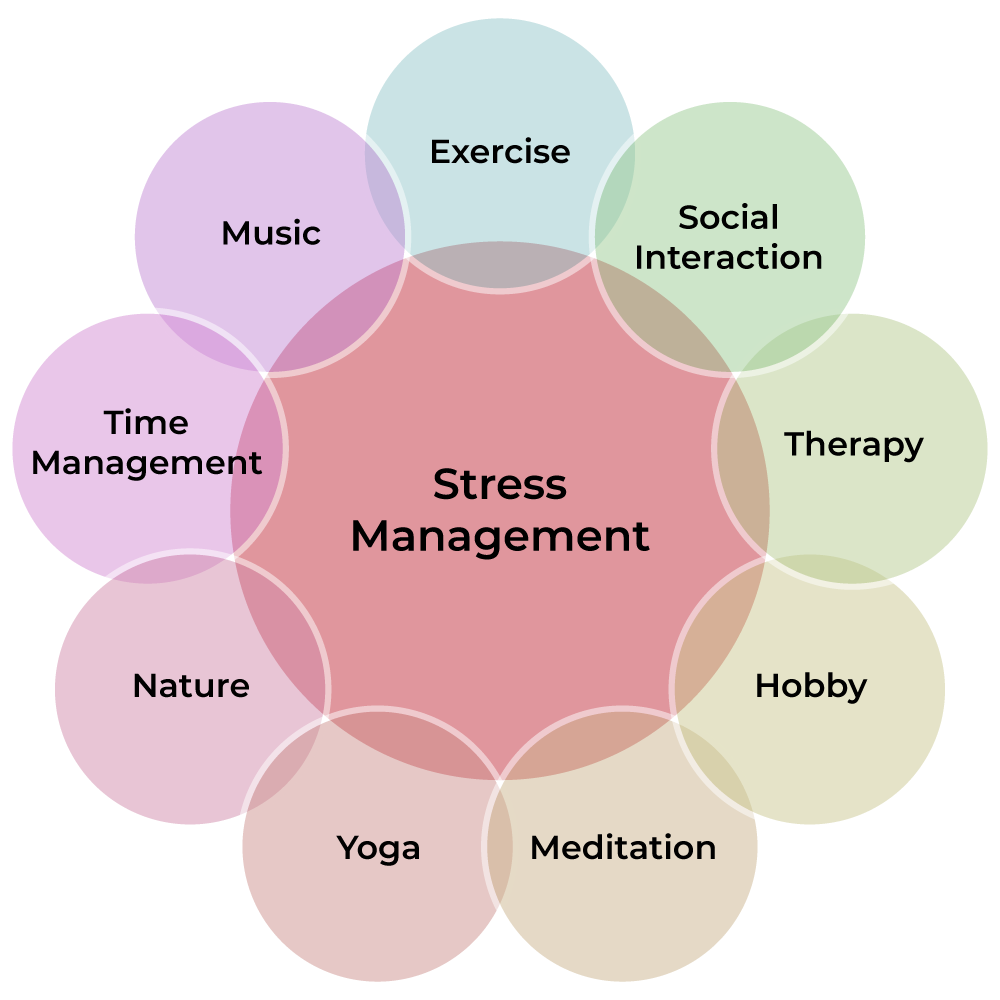Stress Management
Don’t underestimate stress!
Unmanaged stress can increase your risk factor for heart disease.
Stress and its effects on your body are nothing new. The 17th-century British physician William Harvey recognized this when in 1628 he wrote “every affection of the mind that is attended either with pain or pleasure, hope or fear, is the cause of agitation whose influence extends to the heart.”
The stress response is normal and necessary, but the more that it is activated, the harder it is to shut it (and its effects) off. When you repeatedly react negatively to stressors in your environment the levels of stress hormones (adrenaline and cortisol) remain elevated and the effects can be life altering.
Mindfulness Based Stress Management Series
Find out techniques to help calm your body and mind. Join our upcoming Mindfulness Based Stress Reduction (MBSR) series starting in January 2024. Dr. Katie Edwards, cardiac psychologist at Stanford, will lead this 8 week evidence-based program.
Next Session: February 9 – March 29, 2024 Online (Introductory Session on January 19)
Effects of Stress on the Cardiovascular System
- Elevated heart rate
- Abnormal heart beats (arrhythmias)
- Elevated blood pressure
- Increased blood clotting
- Increased blood lipids (cholesterol and triglycerides)
- Accumulation of abdominal fat (increased risk of heart disease and diabetes)
- Elevated blood sugar (increased risk of diabetes)
- Increased inflammation of the lining of the coronary arteries
Recognizing Psychosocial Risk Factors
- Depression – Persistent feeling of sadness, loss of interest, changes in appetite, weight, sleep or sleep, agitation or sluggishness, fatigue, feelings of worthlessness, concentration problems, irritability, aches and pains.
- Time Pressure – Constant feeling that there is never enough time to do what you have to.
- Anxiety – Intense anxiety associated with fear of heights or enclosed spaces or crowds can sometimes set off cardiac arrhythmias.
- Chronic Stress – With work pressure, relationship issues, concern for a child, caring for an ill loved one.
- Lack of Social Support – Feeling of loneliness, lack of a personal support system, social isolation.
- Anger/Hostility – Elevated anger level in day-to-day situations, like driving, interacting with others, waiting in line, irritability, self-criticism.
Learn more about these strategies when you join HeartFit For Life. We offer weekly classes, as well as access to a Mindful Based Stress Reduction Series (MBSR) where you learn to calm your mind and body to help you cope with illness, pain, and stress. Find out about the HeartFit For Life program and see why we have led the nation in cardiac wellness since 1970.

